Comparing Urea vs Uric Acid: Exploring Our Health Indications
Ever wonder what happens to the protein from that chicken sandwich you ate? Your body is a recycling expert! It breaks down protein into useful parts and creates some waste products.
Your body makes two specific waste products named urea and uric acid. They sound pretty similar, but they have some key differences that impact your health (It isn’t called Urea Acid!).
This article explores the differences between urea and uric acid. You’ll learn what they do in your body and discover how they affect your health. We’ll explain complex ideas in simple terms so you can understand these cool compounds without being a scientist!
Get ready to uncover the secrets of these two waste products and discover how you can keep them in balance for a healthier you.
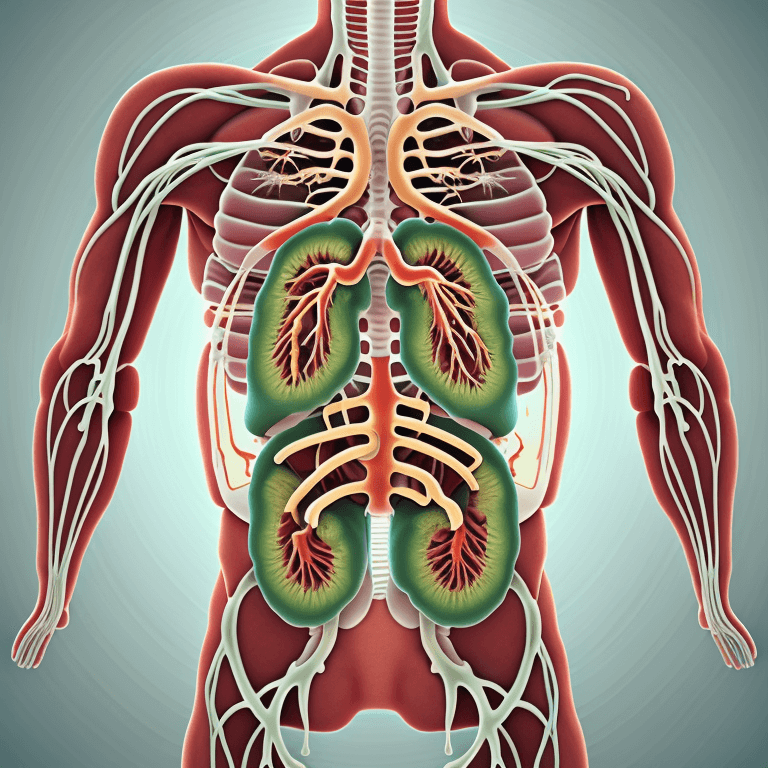
Urea vs Uric Acid: How they are created
Urea is produced when the body breaks down protein, appears in the blood, and is excreted through urine.
Your body also makes uric acid when it breaks down protein. Uric acid doesn’t travel in your blood. The excretion of uric acid occurs simply, it leaves your body in your poop.
The main difference between urea and uric acid is where they hang out in your body and how your body gets rid of them.
Urea: The Nitrogen Superhero
Remember how we discussed urea being like garbage your body needs to get rid of? Well, it’s actually much more than that! Urea plays a crucial role in how your body handles nitrogen.
Think of nitrogen as a building block. Your body needs it for important things like making proteins, types of nucleic acid, and DNA, the genetic instructions in your cells.
But when your body breaks down proteins, it creates ammonia, which is toxic. That’s where urea comes in! Your liver takes that harmful ammonia and transforms it into urea, which is much safer for your body to handle.
Urea acts like a superhero! It transforms a dangerous substance into something your body can easily remove. This whole process is super important because it keeps your nitrogen levels balanced. Too much or too little nitrogen can cause problems with how your cells function.
Uric Acid: A Double-Edged Sword
Uric acid is a bit more complex. Uric acid is a waste product, but it also has some helpful roles in your body.
Remember how we mentioned that uric acid can act like an antioxidant? That means it can help protect your cells from damage caused by harmful molecules called free radicals. Free radicals are like tiny troublemakers that cause problems in different parts of the body, like aging and cancer.
However, consuming high fructose corn syrup can lead to elevated levels of uric acid, increasing your risk of developing gout. While a little uric acid can be a good thing, too much can cause trouble. When uric acid levels get too high, it can form pesky crystals leading to gout, including pain, swelling, and redness in the joints. Excessive uric acid can also contribute to kidney stones. These are hard pebbles that form in your kidneys and cause a lot of pain when you pee them out.
But here’s the catch: while a little uric acid from purines can be a good thing, too much can cause trouble. When uric acid levels get too high, it can form those pesky crystals we discussed, leading to gout. Too much uric acid can also cause kidney stones. These are hard pebbles that form in your kidneys and cause a lot of pain when you pee them out.
So, uric acid is like a double-edged sword. It can be helpful in small amounts, but too much can be harmful.
Urea vs Uric Acid: What’s the Difference?
Urea and uric acid are often mixed up because they have similar names, and are both produced when the body breaks down proteins. However, they have different roles and appear in different places within the body. Let’s explore the differences between urea and uric acid and how they can affect our health.
Both urea and uric acid are waste products created when your body processes proteins. Your liver makes urea and then sends it to your kidneys to leave your body.
Your body makes uric acid when it breaks down high purine foods. Purines are in some foods and in the center of your cells. Your cells use purines to make the building blocks of DNA and RNA. You can find purines in meat, organ meats, wild animal meat, and some seafood.
Urea and uric acid can both harm your body if you have too much, but they are different in important ways. Urea dissolves easily in water, making it simpler for the kidneys to remove it from the blood.
Uric acid doesn’t dissolve well in water, so it can build up in your body if your kidneys aren’t working properly. This buildup can potentially compromise your kidney function and cause gout, a type of arthritis that causes pain, swelling, and redness in the joints.
key differences between urea and uric acid
1. Source: Urea comes from the breakdown of protein, while uric acid results from the breakdown of purines.
2. Dissolvability: Urea is highly soluble in water, but uric acid is not.
3. Excretion: Urea is easily excreted by the kidneys, while uric acid is not as efficiently filtered out.
4. Prevalence: Urea is the main waste product in mammals like humans. Birds, reptiles, and insects have mostly uric acid.
5. Health issues: If you have too much uric acid, you can develop gout and the associated risk factors, such as obesity, dehydration, and certain weight loss. Having too much urea usually isn’t as problematic.
Urea and uric acid are both waste products. However, they come from different sources. They have different properties and serve different purposes in various animals.
Below is a summary list for better understanding:
Urea:
- Produced by the liver as the end product of protein metabolism.
- Highly soluble and transported dissolved in the blood to the kidneys.
- Filtered out of blood and excreted in urine.
- Main nitrogenous waste product in most terrestrial mammals including humans.
Uric acid:
- Produced when purines are broken down.
- Your kidneys struggle to eliminate uric acid because it doesn’t dissolve well.
- Main nitrogenous waste product in birds, reptiles, and insects.
- In humans, high levels can lead to gout as it crystallizes in joints.
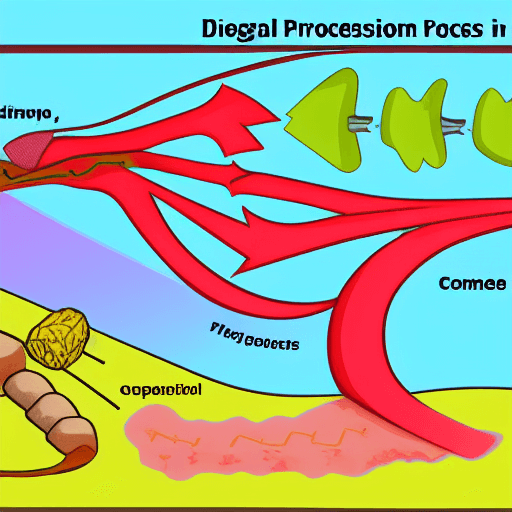
Urea vs Uric Acid1: Similarities
There exists some similarities between urea and uric acid, too. Both compounds contain nitrogen.
Your liver makes urea from ammonia. Your body makes uric acid when it breaks down purines. They are both excreted in waste.
Even though their chemical structures differ, they share some physical properties. For instance, both urea and uric acid are white, crystalline compounds that are not soluble in water. At a normal body pH, urea exists with no charge, while uric acid carries a net negative charge.
Urea and uric acid act alike with other chemicals because they have similar structures. For instance, both break down when they’re in a basic (alkaline) solution.
Urea and uric acid play important roles in our bodies. Your liver makes urea to help remove extra nitrogen from your body.
These compounds exist in other animals too! Uric acid in birds helps them conserve water.
Urea travels in your blood and leaves your body through your pee. If there are high levels, uric acid causes gout, which is painful.
Your body needs urea and uric acid to work correctly, but having too much of either can make you sick. High levels of urea might cause kidney damage, while high levels of uric acid can result in gout and kidney stones. If these substances accumulate in the blood, they can become toxic. That’s why it’s essential to maintain healthy levels of urea and uric acid.
You can do this by eating a balanced diet, drinking plenty of water, and exercising regularly. These steps help your body process urea and uric acid correctly, so you’re less likely to have health issues.

The Amazing Kidney Connection
Both urea and uric acid rely on your kidneys to leave your body. Your kidneys are like amazing filters that clean your blood, removing waste products and sending them out in your pee. They’re essential for keeping your body healthy and balanced.
But here’s where things get interesting: your kidneys handle urea and uric acid differently. Urea dissolves easily in water, so your kidneys have no problem filtering it out and sending it on its way.
But uric acid is a bit trickier. Uric acid doesn’t dissolve well, so your kidneys have a hard time getting rid of it. This is why it’s more likely to build up and cause problems like gout.
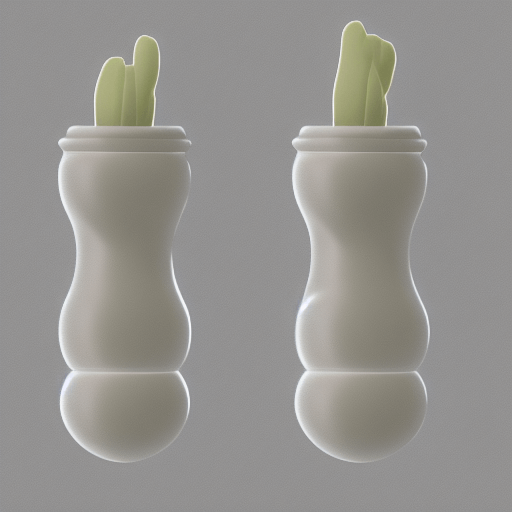
What Affects Urea and Uric Acid Levels?
Many things can affect your urea and uric acid levels. Your diet plays a large role. Eating a lot of protein raises your urea levels.
Foods like red meat and seafood are high in purines. These foods contribute to increased uric acid levels in your blood.
Certain medical conditions can also affect these levels. If your kidneys aren’t working well, your body struggles to get rid of both urea and uric acid. This can cause them to build up in your blood.
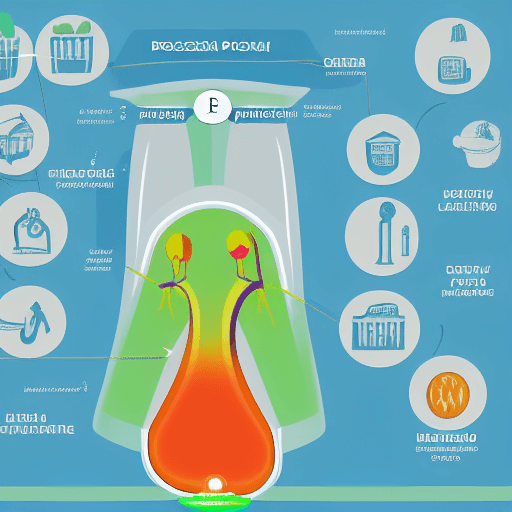
Keeping Things in Balance
Maintaining healthy levels of urea and uric acid is all about balance. Here are some things you can do to keep things in check:
- Eat a balanced diet: Don’t overload on protein, and watch out for food and drinks high in purines.
- Drink plenty of water: Water helps your kidneys flush out waste products, including urea and uric acid.
- Get regular exercise: Exercise is good for your overall health, including your kidneys.
- Maintain a healthy weight: Being overweight or obese can increase your risk of gout and other health problems.
- Get regular checkups: Seeing your doctor for regular checkups can help identify any potential problems early on.
The Future of Urea and Uric Acid Research
Scientists are always learning more about urea and uric acid and how they affect our health. Scientists are finding new ways to treat gout and kidney disease.
They are studying the link between urea and uric acid. They want to see how these substances relate to health problems. These problems include heart disease and diabetes.
Scientists are making exciting discoveries about urea and uric acid all the time! Who knows what they’ll find next?
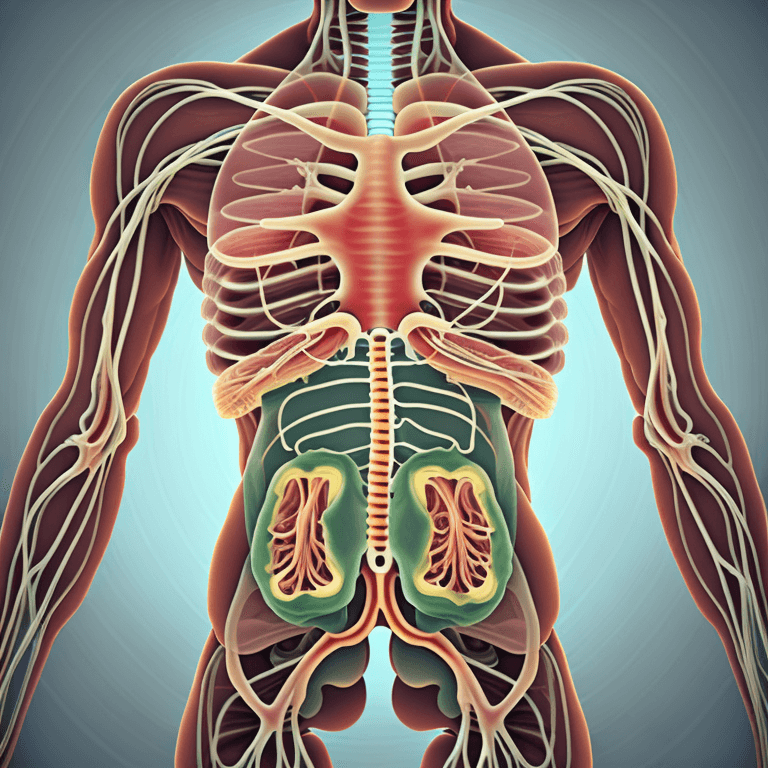
Conclusion: Urea vs Uric Acid
When we consider which compound is better for our health, urea generally comes out on top. The body produces urea naturally, and it helps eliminate toxins and waste from our blood. Your body makes uric acid, but having too much can cause health problems.
For now, remember that knowledge is power! By understanding how your body works, you can make informed choices that support your overall well-being. So keep learning, keep exploring, and keep taking care of yourself!
Article Sources
Jacks of Science sources the most authoritative, trustworthy, and highly recognized institutions for our article research. Learn more about our Editorial Teams process and diligence in verifying the accuracy of every article we publish.
- Urea vs Uric Acid ↩︎
